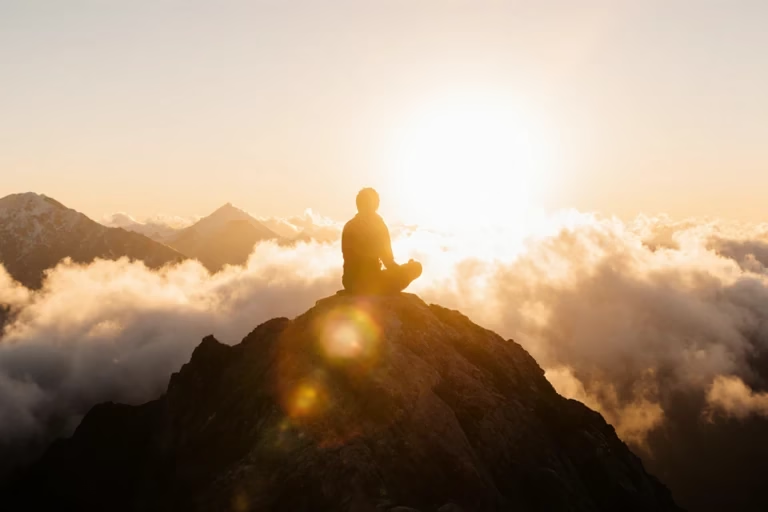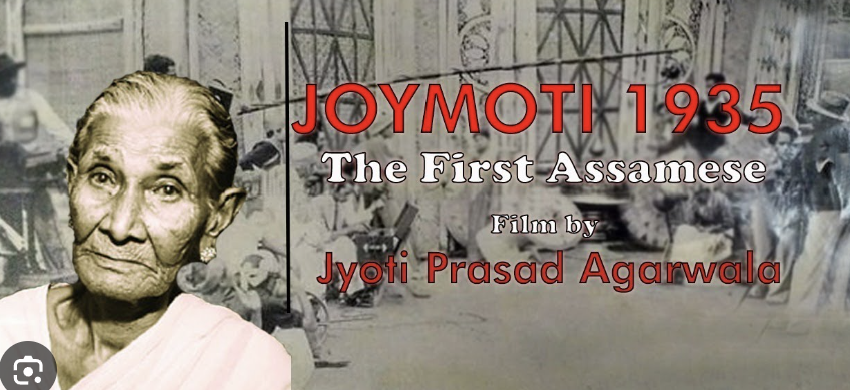
The Sacred Soul: Echo Within the Silence
“You do not have a soul. You are a soul. You have a body.” — C.S. Lewis
Have you ever felt an inexplicable yearning within—a quiet voice echoing in your chest that whispers, “There is more to you than this”? It usually comes not in moments of joy, but in stillness, grief, awe, or overwhelming love. It’s in those cracks of human experience that we begin to hear our sacred soul.
The sacred soul is not a metaphor. It is not a poetic exaggeration or philosophical indulgence. It is the eternal presence that lives within every human being. Unchanging, untarnished, and profound.
In a world loud with distraction, cynicism, and artificiality, the soul remains an ancient, whispering presence calling us home. This blog post is your map to understanding, experiencing, and awakening the sacred soul within you.
The Sacred Soul: Ancient Wisdom & Modern Philosophy
The sacred soul is not a new discovery. It has been written into the scrolls of the Vedas, encoded in the hymns of the Psalms, and symbolized in the myths of countless cultures.
In Hinduism, this inner essence is called Ātman—the true Self, beyond ego, body, or even mind. In the Upanishads, it is described as “smaller than a grain of rice, yet greater than the universe.”
In Jewish mysticism, the soul is multidimensional: Nefesh (life force), Ruach (spirit/emotion), and Neshamah (divine soul). Kabbalistic teachings emphasize the soul’s descent into the body for transformation.
In Sufism, the soul is the beloved yearning to reunite with its divine source. Rumi, the great mystic poet, wrote:
*”You were born with wings, why prefer to crawl through life?”
In philosophy, especially existential and phenomenological traditions, the soul is viewed as consciousness or the “self-aware subject.”
But beyond tradition or belief, we know the sacred soul intuitively. You’ve felt it. In the hush of the forest. In the sacred silence between words. In your grandmother’s final breath. In the way a newborn baby looks at you without judgment. That feeling? That’s soul.
Recall a moment in your life when you felt utterly still, vast, and timeless. Journal about what you felt, what stirred inside, and what that moment taught you.
Why This Topic Matters Now
We are in the age of spiritual drought. Surrounded by hyper-productivity, digital distraction, and societal performance, many of us live severed from our essence.
We scroll endlessly, seeking meaning in memes and validation in likes. But when the phone is off and the lights go dim, a strange question sometimes lingers in the mind:
“Who am I, really?”
The sacred soul is the answer to that question.
In these times of spiritual amnesia, reconnecting with the soul is not a luxury. It is survival. The soul grounds us in peace, clarity, and authentic presence.
“In the depth of winter, I finally learned that within me there lay an invincible summer.” — Albert Camus
In psychology, more therapists are integrating soul-centered or transpersonal practices. Jung believed the soul is the “mediator between the ego and the Self.”
This is not about religion. You can be atheist, agnostic, or devoutly religious and still feel the soul stirring within you. It is universal. It is sacred. And it is time we return to it.
Signs You’re Awakening to Your Sacred Soul
Awakening is not an event. It is a remembering. And it often starts subtly:
- You begin to crave stillness instead of stimulation.
- You start feeling things more deeply—tears come easier, and beauty strikes harder.
- You lose interest in superficial conversations.
- You feel “out of place” in the world you used to fit into.
- You start questioning: jobs, relationships, routines.
Sometimes, awakening comes through suffering—the death of a loved one, a breakup, an illness. The soul uses cracks to let light in.
In spiritual traditions, these moments are called initiation. In psychology, they resemble the “Dark Night of the Soul” or individuation.
I once sat beside a river in Himachal Pradesh, lost in grief after a personal loss. I wasn’t praying. I wasn’t meditating. I was just… there. And suddenly, an immense peace filled me. Not the kind that ignores pain—but the kind that holds it with grace. That moment, I knew: I had touched my soul.
What part of your life feels “cracked open” right now? Can you trust that your soul may be moving through this rupture?
Practices to Access and Nurture the Sacred Soul
a. Soul Journaling
Journaling is more than self-reflection. It is sacred dialogue. Here’s a soul journaling method:
- Light a candle. Set an intention: “I invite my soul to speak.”
- Ask a question: “What do you want me to know today?”
- Write. Without editing. Let the hand move.
Do this for 15 minutes daily. You’ll be amazed at the wisdom that emerges.
b. Breath Awareness & Meditation
The breath is the bridge between body and soul. Practice:
- Sit in silence.
- Focus on your inhale and exhale.
- With each breath, repeat internally: “I return to my soul.”
Start with 5 minutes. Build to 20.
c. Nature Immersion
Nature doesn’t ask for performance. It only asks for presence. Walk barefoot. Sit under a tree. Feel the wind.
“The clearest way into the Universe is through a forest wilderness.” — John Muir
d. Creative Rituals
Create art, write poetry, dance under moonlight, or sing. Soul expresses through creation, not repetition.
Reflect. Which of these practices are you most drawn to? Try one today and write down what you felt.
Shadow, Transformation & Integration
The sacred soul is not all light and bliss. It also holds our shadows. Integration means allowing the soul to illuminate our fears, wounds, and traumas.
“The wound is the place where the Light enters you.” — Rumi
In soul work, pain is not the enemy—avoidance is. Sit with what hurts. Listen. Let it teach you. Let the soul make art from it.
Journaling Prompts:
- What part of me have I been afraid to look at?
- What might happen if I welcomed that part with compassion?
Living from the Sacred Soul
When you begin living soul-led:
- Relationships deepen or fall away.
- Work becomes meaningful or unbearable.
- You become more honest.
- You start creating instead of consuming.
- You value silence more than small talk.
You might begin to feel like a misfit. But you’re not lost—you’re being re-rooted. The sacred soul doesn’t fit in—it expands.
“Don’t ask what the world needs. Ask what makes you come alive, and go do it.” — Howard Thurman
FAQs About the Sacred Soul
Q1. What is the sacred soul?
It is the eternal, unchanging essence within each of us. Beyond body, mind, and personality.
Q2. Is soul the same as spirit?
They are often used interchangeably, but some traditions differentiate. Spirit connects us to the Divine; soul connects us to our inner Self.
Q3. Can I be spiritual without religion?
Absolutely. The soul transcends systems. It responds to authenticity, not affiliation.
Q4. How do I know if my soul is awakening?
You begin to feel more, question more, create more, and seek depth in all things.
Final Thought: A Return to Sacredness
The sacred soul is not far. It is not lost. It is here.
In your breath. In your heartbreak. In your longing. In your love.
To connect with your soul is not to escape life but to embrace it more fully—with presence, poetry, and power.
“There is a light in you that the world did not give, and the world cannot take away.” — Unknown
Let today be the day you listen.
Let this be the moment you remember who you really are.
Begin now.
Light a candle. Open your journal. Whisper: “I am ready.”
Your sacred soul will respond.
If you felt moved by this post, share it with someone you love. Let’s begin a soul-led revolution together.
Find out more on spiritualism and life purpose here.


